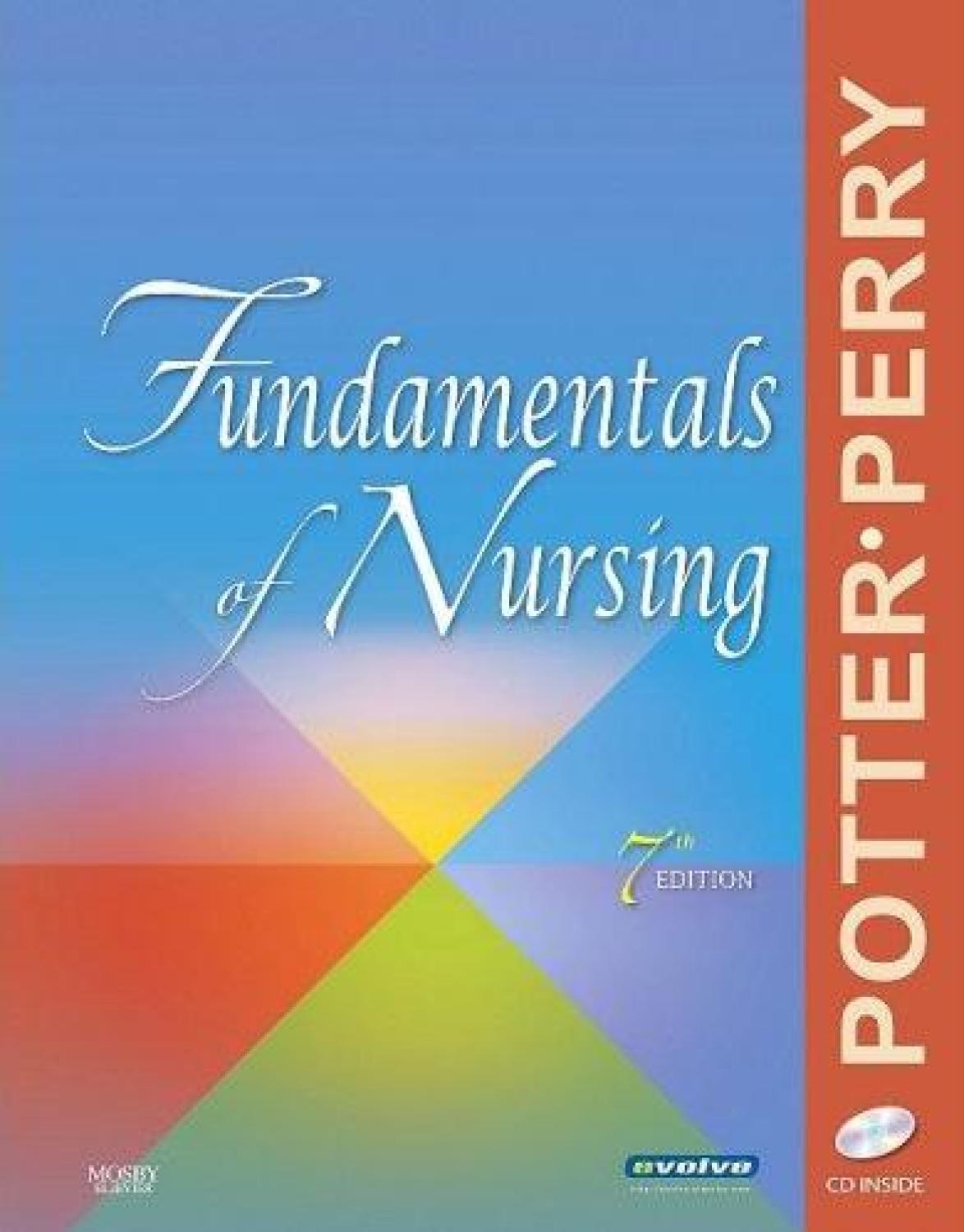Fundamentals of Nursing, 7th edition
Specifications
- 0323080839 ISBN-10:
- 0323080839 ISBN-10
- 9780323080835 ISBN-13
- New Condition
- Hardback Media
- 5 business days Generally Ships in
- 24/24 Online
- Yes High Speed
- Yes Protection
- In Stock soon, order now to reserve your copy.
- FREE DELIVERY
Description
Table of Contents
UNIT I - THE CLIENT AND THE HEALTH CARE ENVIRONMENT
1. Nursing Today
2. Health Care Delivery System
3. Community-Based Nursing Practice
4. Theoretical Foundations of Nursing Practice
5. Evidence-Based Practice
UNIT II - CARING THROUGHOUT THE LIFE SPAN
6. Health and Wellness
7. Surviving Cancer
8. Caring in Nursing Practice
9. Culture and Ethnicity
10. Caring for Families
11. Developmental Theories
12. Conception Through Adolescence
13. Young to Middle Adult
14. Older Adult
UNIT III - CRITICAL THINKING IN NURSING PRACTICE
15. Critical Thinking in Nursing Practice
16. Nursing Assessment
17. Nursing Diagnosis
18. Planning for Nursing Care
19. Implementing Nursing Care
20. Evaluation
21. Managing Client Care
UNIT IV - PSYCHOSOCIAL BASIS FOR NURSING PRACTICE
22. Ethics and Values
23. Legal Implication
24. Communication
25. Client Education
26. Documentation
27. Self-Concept
28. Sexuality
29. Spiritual Health
30. The Experience of Loss, Death, and Grief
31. Stress and Coping
UNIT VI - SCIENTIFIC BASIS FOR NURSING PRACTICE
32. Vital Signs
33. Health Assessment and Physical Examination
34. Infection Control
35. Medication Administration
36. Complementary and Alternative Therapies
UNIT VII - BASIC HUMAN NEEDS
37. Activity and Exercise
38. Client Safety
39. Hygiene
40. Oxygenation
41. Fluids, Electrolytes, and Acid-Base Balances
42. Sleep
43. Pain Management
44. Nutrition
45. Urinary Elimination
46. Bowel Elimination
UNIT VIII - CLIENTS WITH SPECIAL NEEDS
47. Mobility and Immobility
48. Skin Integrity and Wound Care
49. Sensory Alteration
50. Care of Surgical Clients





